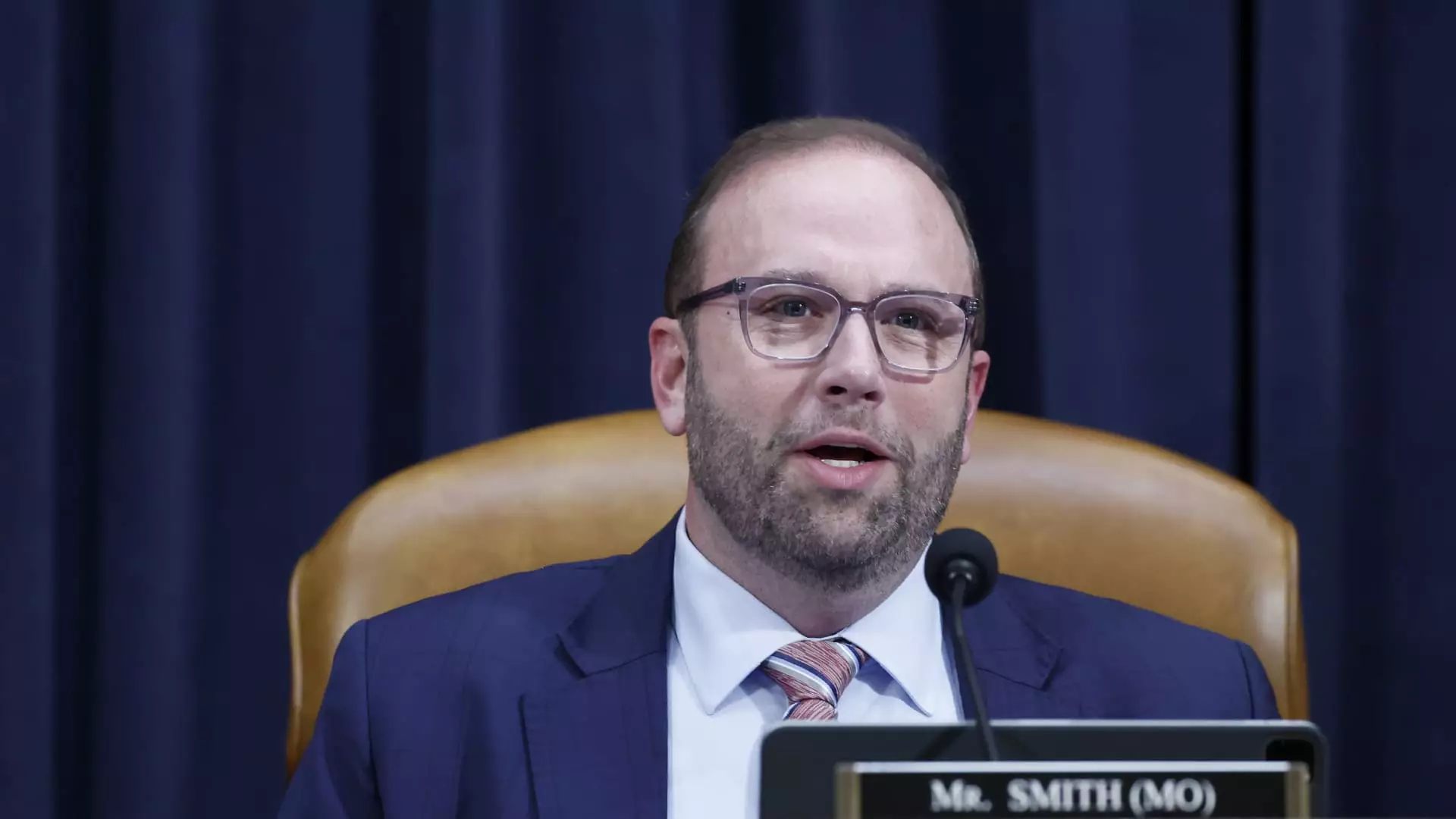The close of 2025 looms with significant implications for American taxpayers, and as the new presidential administration prepares to take the reins, the urgency surrounding tax legislation is palpable. House Republicans, under the leadership of influential figures like Ways and Means Committee Chairman Jason Smith, are advocating for the prompt extension of provisions from the Tax Cuts and Jobs Act (TCJA) enacted in 2017. Their argument pivots on the potential for substantial tax increases if these policies are not reinforced, generating a heated debate about fiscal responsibility versus tax relief.
The TCJA introduced a series of tax breaks designed to invigorate the economy, with notable provisions such as reduced tax rates, an expanded child tax credit, and a 20% deduction for pass-through businesses. However, many of these benefits are scheduled to phase out by 2025, and the implications of this expiration are severe. According to the Tax Foundation, approximately 60% of American taxpayers could experience higher tax burdens in 2026 should Congress fail to act.
At the heart of the Republican argument is the assertion that families and small businesses should not be left in limbo. Smith stressed the necessity of making the Trump-era tax cuts permanent, claiming that such measures are essential for ensuring financial relief to constituents. His call to action reflects a significant strategy: leveraging their control of Congress and the White House to push through tax extensions using a legislative strategy known as reconciliation, which circumvents the filibuster.
While the Republicans advocate for swift tax reforms, significant concerns loom, particularly regarding the growing federal deficit. Recent reports from the U.S. Department of the Treasury revealed that the fiscal year 2025 deficit escalated to a staggering $710.9 billion in December, a nearly 40% increase compared to the prior year. As discussions about extending the TCJA provisions heat up, lawmakers from both parties grapple with the broader fiscal implications, questioning whether the economic benefits truly outweigh the costs.
The idea of extending tax cuts generates skepticism, particularly when considering that a full extension may result in an estimated $4.2 trillion expenditure over a decade. Critics argue that such an investment primarily favors the wealthy and poses risks to the nation’s long-term economic health. Richard Neal, the ranking Democrat on the House Ways and Means Committee, articulates this apprehension by emphasizing that the wealthiest citizens disproportionately benefit from the existing tax framework, leaving middle-class families seeking tangible relief.
An analysis of the TCJA’s implications further deepens the scrutiny of its benefits. Projections indicate that, should the expiring tax cuts be extended, the average American family might anticipate saving around 2.2% of their after-tax income. In dollar terms, this equates to roughly $2,000 annually for average households. On the flip side of this coin, the wealthiest 0.1% stand to save an average of approximately $314,000, revealing a glaring disparity in the impact of these tax cuts.
This broad income distribution analysis raises critical questions for policymakers: Is extending the existing cuts justifiable, especially in light of their disproportionate benefits? While many Republican lawmakers tout the tax cuts as a measure of economic stimulus, discontent surrounding income equality and fiscal prudence persists among some factions of the electorate.
As the incoming administration prepares to navigate the complexities of tax policy, the urgency behind the Republican push for tax extensions becomes increasingly evident. However, the balancing act between economic growth, budget constraints, and equitable tax legislation sets the stage for a contentious debate. Whether Congress will ultimately endorse these extensions or seek a transformative approach to overhaul the tax system remains an open question.
In the coming weeks and months, taxpayers and analysts alike will be watching the unfolding dialogues closely, noting how decisions made now could permanently alter the landscape of tax policy in the United States. The challenge will be to prioritize responsible governance while ensuring that relief efforts benefit a broader swath of the population, crafting a tax system that is both sustainable and equitable.

